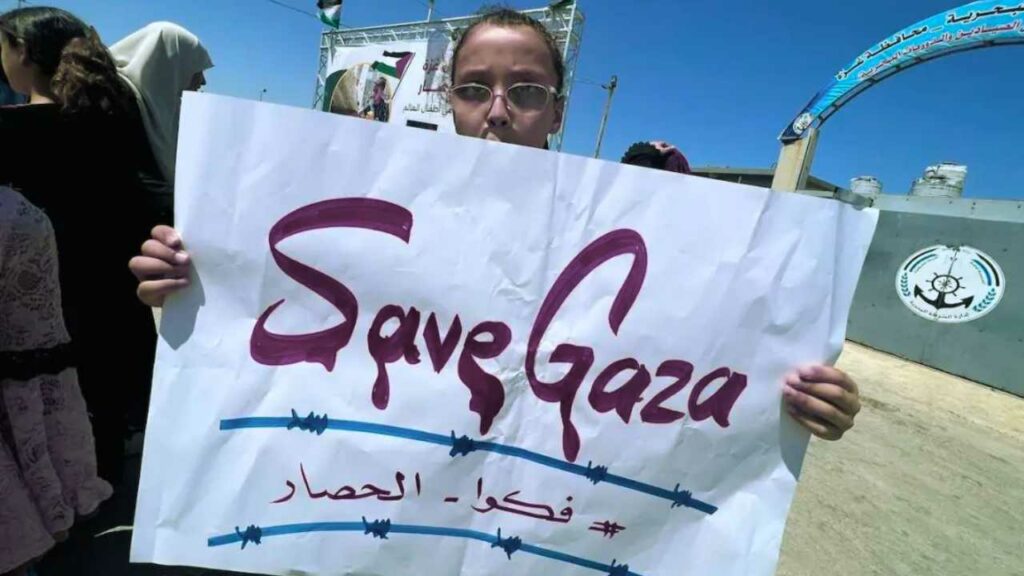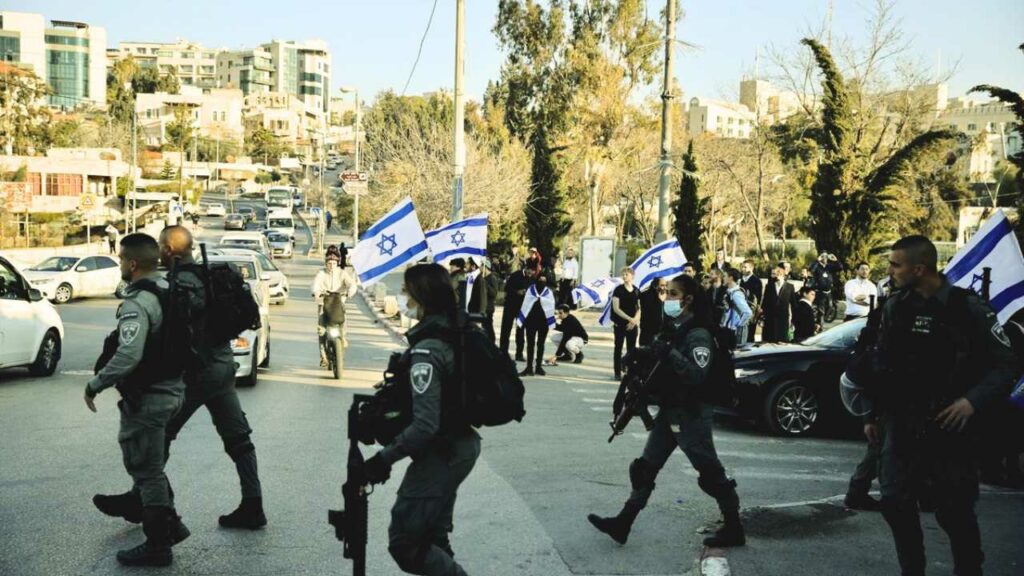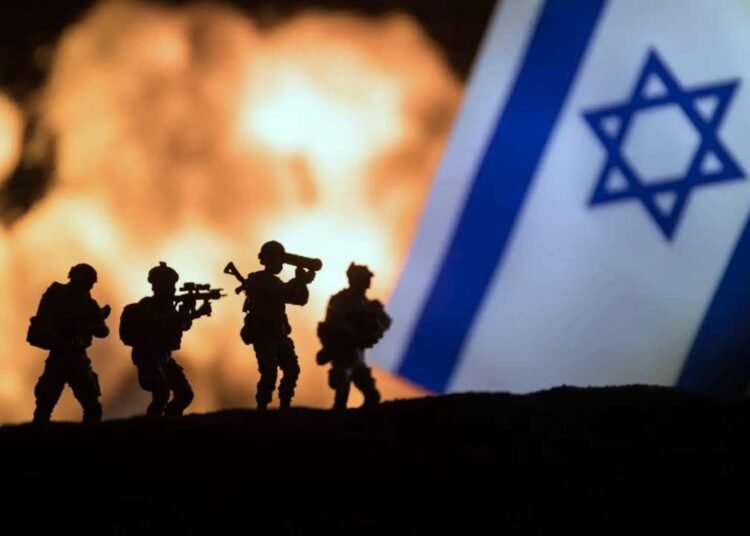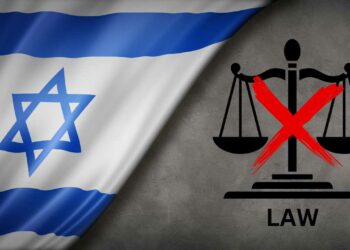The question of whether Israel is committing collective punishment in the current war in Gaza has been a topic of international concern and debate. Various organizations and entities have weighed in on this issue, presenting evidence and arguments to support their perspectives. This article aims to provide a well-thought-out, fact-based, and detailed examination of the topic.
Background:
The term “collective punishment” refers to the punishment of a group for the actions of one or more of its members. This form of punishment is considered a violation of international law, particularly the Fourth Geneva Convention, which prohibits the punishment of an individual or group for an offense they did not personally commit.
Evidence and Perspectives:

- United Nations’ Stance:
- A group of independent United Nations experts condemned the violence against civilians in Israel and deplored the “collective punishment” of reprisal strikes against Gaza. The UN has consistently emphasized that collective punishment is a violation of international law. Source
- Amnesty International’s View:
- Amnesty International has called for Israel to lift the “illegal and inhumane blockade on Gaza.” The organization has stated that the collective punishment of civilians in Gaza will not bring justice to the victims of war crimes by Hamas and other armed groups. Source
- Statements from Other International Bodies:
Reasons Supporting the Claim that Israel is Committing Collective Punishment:

- Reprisal Strikes: The UN experts have condemned the reprisal strikes against Gaza, terming them as “collective punishment.”
- Blockade on Gaza: Amnesty International has highlighted the blockade on Gaza as a form of collective punishment, which affects the entire civilian population.
- Statements from International Bodies: Various international bodies, including the UN, have warned against the collective punishment of the entire population of Gaza.
- Violation of International Law: Collective punishment is considered a violation of the Fourth Geneva Convention. The actions taken against the entire population, such as blockades and strikes, can be seen as a form of collective punishment.
Conclusion:
The issue of collective punishment in the current war in Gaza is complex and multifaceted. While there are strong arguments and evidence suggesting that Israel is committing collective punishment, it is essential to approach the topic with an open mind and consider all perspectives. The international community continues to monitor the situation closely, emphasizing the importance of upholding human rights and international law.










